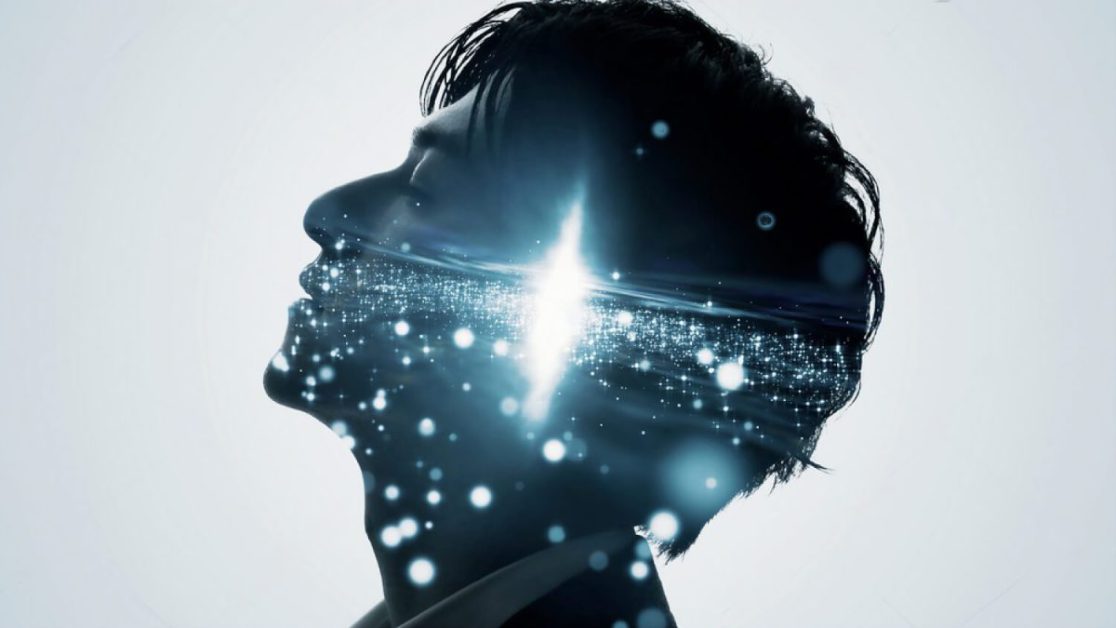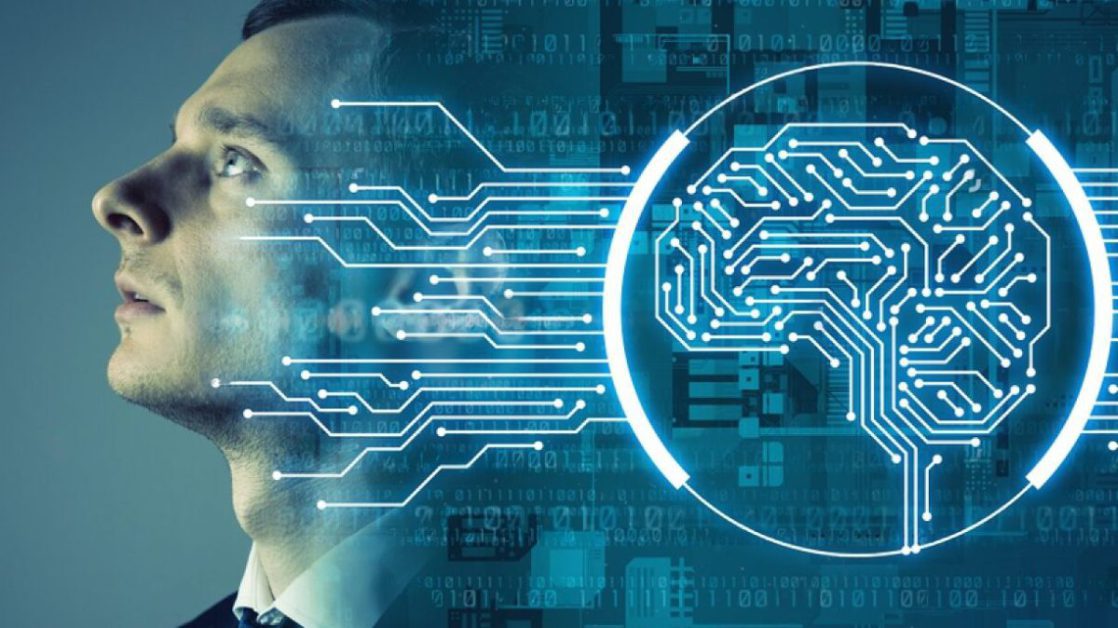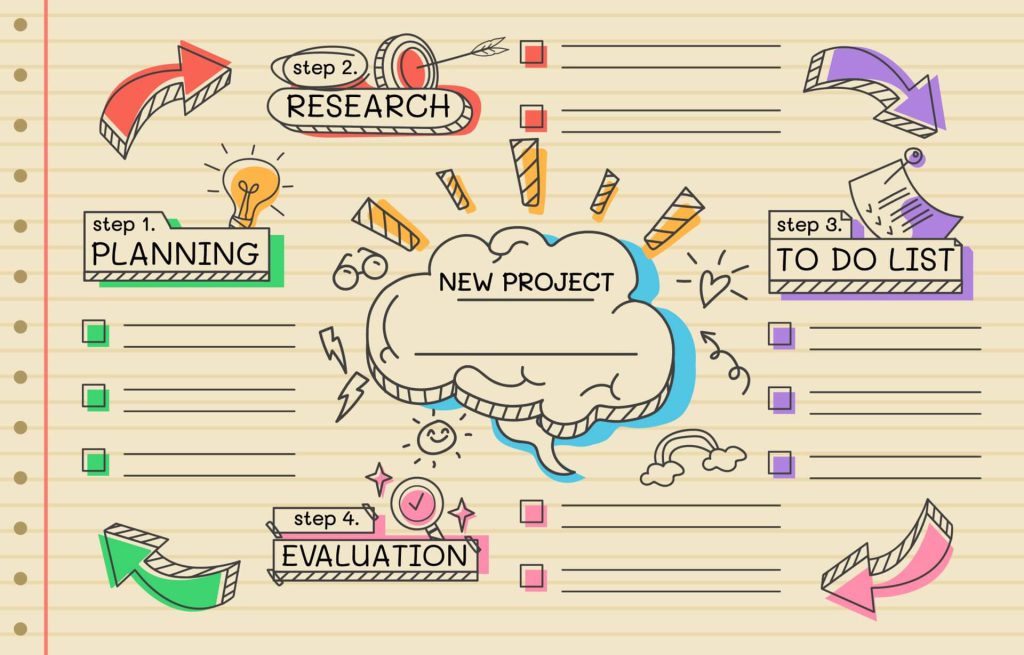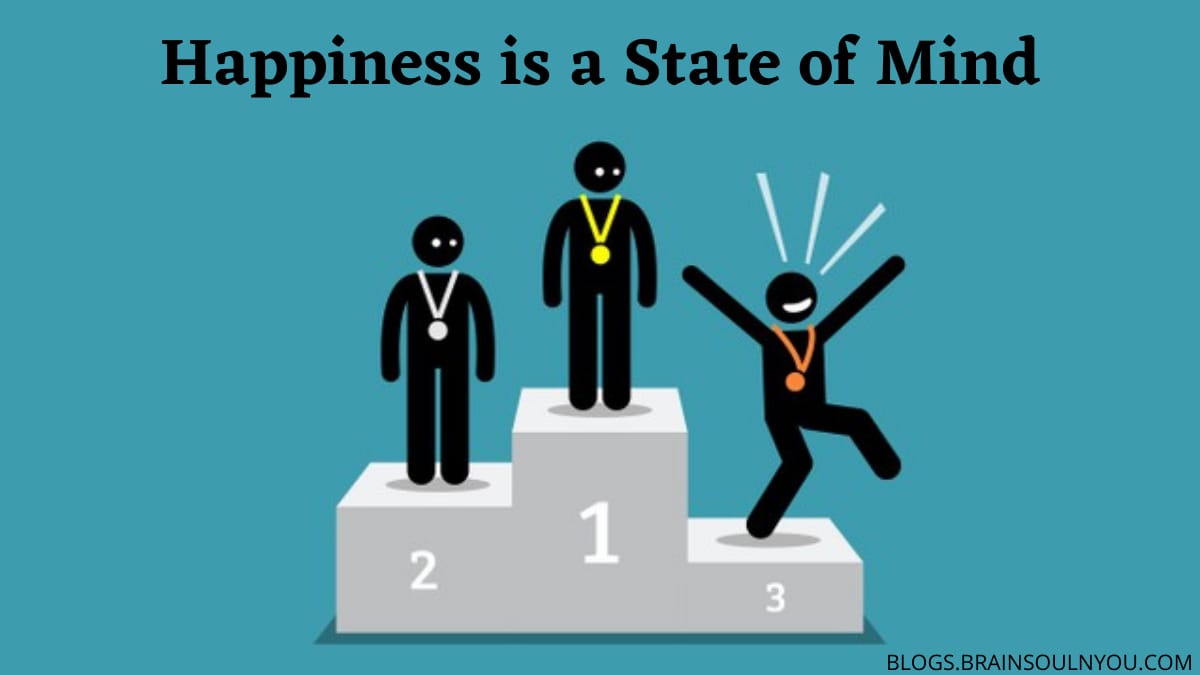Happiness is often considered a state of mind. It is a subjective experience and can vary from person to person.
Everything in life is state-dependent. Because the things you are experiencing in life are just your state of mind. So happiness is. Yes, happiness is a state of mind. Like some people feel sadness in a situation, and in the same situation, some feel happiness. Because it depends on their state of mind. To understand this understand what is state and how we create a state.
Nature of Happiness as a State of Mind
Here are a few key points highlighting the nature of happiness as a state of mind:
1. Perception and Mindset
Happiness is influenced by our perception of the world and our mindset. It is not solely dependent on external circumstances or material possessions, but rather how we interpret and respond to those factors. It involves cultivating a positive outlook, focusing on gratitude, and embracing an optimistic attitude.
2. Internal Well-Being
True happiness stems from inner contentment and a sense of well-being. It involves nurturing positive emotions, such as joy, love, compassion, and peace while managing negative emotions effectively. Cultivating qualities like resilience, self-compassion, and mindfulness can contribute to a happier state of mind.
3. Perspective and Gratitude
Happiness can be cultivated by shifting perspective and focusing on the present moment. Practicing gratitude and acknowledging the positive aspects of life can foster a greater sense of happiness and fulfillment.
4. Personal Values and Purpose
Aligning our actions and lifestyle with our personal values and sense of purpose contributes to lasting happiness. When we live by our core values, engage in meaningful activities, and pursue goals that are personally significant, we are more likely to experience a deep sense of satisfaction and fulfillment.
5. Connection and Relationships
Meaningful connections with others and nurturing healthy relationships play a vital role in happiness. Social interactions, support networks, and a sense of belonging can significantly contribute to one’s overall well-being and happiness.
While happiness is influenced by external circumstances to some extent, it is ultimately an internal state of mind that can be cultivated and nurtured. By adopting positive perspectives, prioritizing well-being, embracing gratitude, and fostering meaningful connections, individuals can enhance their experience of happiness and lead more fulfilling lives.
What is State?
The state is the sum total of thoughts, emotions, and physical energy at any given moment. It is our way of being at any moment. Whatever you are experiencing right now or experience in any situation is just an event. For example; you are reading this blog is an event for you and I am writing this blog is an event for me. The whole day when you wake up and till you sleep you experience events only. These events create a state for you.
How We Create a State?
As I told you above whatever you are experiencing right now or experiencing in any situation is just an event. You perceive any event through the five senses. In other words, any event is going in your mind or in your memory through the five senses.
Five Senses
Eyes: You perceive any event by seeing it. That is also called visual learning. You will see many memories of yours have visuals.
Ear: If any event has a sound you perceive it by its sound. Like you are talking to anyone, in that case, you perceive by your ear. This is called Auditory learning. Many memories of yours have sounds.
Skin: Many things you perceive by skin only. Like, the temperature and texture of anything. In psychology, it is also called kinesthetic learning.

Nose: You perceive some things by their smell. Like, you can not see the gas, even if you can’t hear or feel the gas. But you can identify it by its smell. In psychology, it is also called Olfactory learning.
Tongue: Eatable things you perceive by their taste. Food is sweet or bitter, you can’t identify it by its visuals, its sound its texture, or by its smell. You can identify it by its taste only. In psychology, it is also called Gustatory learning.
A large part of your memory has visuals, sounds, or feelings and their combination only. There is very little role for smelling and tasting in memory. The eyes, ears, and nose create the state.
Filtration of an Event
You don’t perceive any event as it is. like, you are reading this blog and this is an event 1 for you. But did not perceive the above text as it is. You deleted many words, and distort them accordingly. Then later you will generalize it. Another example; is when you go from one point to another point you delete many things that came your way. You distort a few things only and Generalize. This is also DDG(Delete, Distort, and Generalization) filtration. After filtration, event 1 becomes Event 2.
DDG Filtration
Deletion
Think you can retain anything that you see, hear and feel. Our mind can retain only certain things and delete many things. Like you have deleted any data that you have read and remembered only a few. This is the deletion process.
Distortion
After deletion, you save things in mind accordingly. This is not necessary for everyone to save the same thing. Suppose you are attending a lecture with 100 students. So, 100 students will distort the lecture by their own understanding. That’s why everyone’s perception of anything is different. This process is called distortion.
Generalization
After distortion, many people generalize a few events. Understand it by example. Suppose a person is traveling on a bus and a thief steals his wallet. After a few days, his wallet was again stolen by a thief on the bus. After these events, people say everyone on the bus is a thief and that traveling on the bus is not safe. So this is his generalization, not the fact. Fact is those which is true for everyone. Like 2+2 = 4, the earth is rotating around the sun, etc. These are the same for everyone.
There are two types of Generalization; Universal truth or facts and Random Opinion.
Universal Truth: As I told universal truth are those which is true for all. That we call fact also. Like the earth is round, the moon is rotating around the earth, gravity, etc. This universal truth will not change for anyone.
Random Opinions: People generally have random opinions. These are not true for everyone. Some random opinions; life is uncertain, money is not good, love hurts, all happiness is in money only, and many more examples. These can be true for a particular person but not for everyone. Someone will not find happiness in money, for his nature or hanging with his family member is happiness. So happiness is a state of mind.
State of Mind
After the filtration process of Event 1, event 2 is created. The event created after filtration is the programming of your subconscious mind. You can say your memory. So people have only event 2 in their mind. This is also called the state of mind. The state is also known as perception, mood, zone, form, etc. That’s the reason we generally say I am not in a good mood today or I am in a good mood today. Who decides your mood, your state of mind?

There are two types of State of mind; a Positive State of mind and a Negative State of mind.
Positive State of Mind
This state is also known as a Resourceful state. Here resourceful means that when you are in these states, you can get access to the inner resources that you have. You have also felt that when you are in a positive state of mind you see your future clearly and find many ways for your future. You feel happy and joyful. That’s how Happiness is a State of Mind.
A positive state is a state of Confidence, happiness, delightfulness, concentration, ecstasy, decision-making, love, flexibility, playfulness, mindfulness, etc.
Negative State of Mind
This state is also known as an Unresourceful state. It means that though you have all the resources because of these states, you can’t get access to your resources. This is the state of sadness, guilt, fear, phobia, discomfort, confusion, depression, frustration, etc.
Now, it is clear how the state creates and how everything just depends on the state of mind.
You act according to your state of mind. If you will act in a negative state or unresourceful state your life will be negative and if you will act in a positive state or resourceful state your life will be positive and full of resources.

How do change the State of Mind?
To change your state from negative to positive, NLP can help. Basically, NLP is a technique that helps you to change your event 2. In other languages, NLP helps in reprogramming the subconscious mind. So that you can come into a positive state of mind.
Pattern Breaking
An easy technique that you can use to change your state of mind is Pattern Breaking.
Whenever you find yourself in a negative state of mind notice your physiology, breathing, facial expression, and internal voice. Generally, during a negative state, these 4 things changed. Your shoulder gets down, you start taking shallow breaths, the facial expression of sadness no smile on your face, and an internal voice full of negativity. You feel unconfident.
In such a situation just change your physiology, up to your shoulders, and broaden your chest. Take a deep breath, and make your breath normal. Change your facial expression, and bring a smile to your face. And change your inner voice, say to yourself you are confident and everything is fine. After changing these 4 things your state will change automatically into a positive state.
Flow chart for a state of mind of extreme happiness –

After reading this now you have understood that’s why Happiness is a State of Mind. So, be in a positive state of mind and be in a resourceful state.
Some more strategies to help change your state of mind:
Changing your state of mind involves intentionally shifting your thoughts, emotions, and perspectives to create a more positive and productive mental state. Here are some strategies to help change your state of mind:
Practice Mindfulness: Engage in mindfulness techniques such as meditation, deep breathing, or body scanning to bring awareness to the present moment and observe your thoughts and emotions without judgment. Mindfulness can help you detach from negative or unhelpful thinking patterns and cultivate a more positive mindset.
Challenge Negative Thoughts: Recognize negative or self-defeating thoughts and consciously challenge them with more realistic and positive alternatives. Replace negative self-talk with affirmations and constructive thoughts that support your well-being and growth.
Reframe Situations: Train yourself to reframe challenging or negative situations in a more positive light. Look for lessons or opportunities for personal growth in difficult circumstances. Focus on the things you can control and find solutions or silver linings in challenging situations.
Surround Yourself with Positivity: Seek out positive influences, whether it’s spending time with supportive and uplifting people, reading inspiring books, or consuming uplifting content. Surrounding yourself with positivity can have a significant impact on your state of mind.
Engage in Self-Care: Prioritize self-care activities that nurture your mental and emotional well-being. Take breaks, engage in activities you enjoy, practice relaxation techniques, and make time for hobbies and interests that bring you joy and fulfillment.
Set Goals and Focus on Progress: Set realistic goals and break them down into manageable steps. Working towards meaningful objectives can provide a sense of purpose and motivation. Celebrate your progress along the way, no matter how small, to maintain a positive outlook.
Practice Gratitude: Cultivate a daily gratitude practice by acknowledging and appreciating the positive aspects of your life. This can shift your focus towards what is going well and increase feelings of contentment and happiness.
Seek Support: If you’re struggling to change your state of mind, don’t hesitate to seek support from friends, family, or professionals. Therapy, coaching, or counseling can provide valuable guidance and tools to help shift your mindset effectively.
Frequently Asked Questions (FAQs)
- Q: Is happiness really a state of mind?
- A: Yes, happiness is considered a state of mind. It is a subjective experience influenced by perception, mindset, and internal well-being. The way we interpret and respond to events plays a significant role in our happiness.
- Q: How does perception and mindset impact happiness?
- A: Perception and mindset play a crucial role in influencing happiness. It is not solely dependent on external circumstances but is shaped by how we perceive the world and our overall mindset. Cultivating a positive outlook and embracing optimism contribute to a happier state of mind.
- Q: What is the nature of happiness as a state of mind?
- A: Happiness as a state of mind involves internal well-being, perspective, gratitude, personal values, and meaningful connections. It is not only about external factors but also about nurturing positive emotions, managing negative emotions, and aligning actions with personal values.
- Q: Can the state of mind be changed from negative to positive?
- A: Yes, the state of mind can be changed from negative to positive. Techniques such as pattern-breaking and practices like mindfulness, challenging negative thoughts, and surrounding oneself with positivity can contribute to a positive shift in the state of mind.
- Q: How does NLP help in changing the state of mind?
- A: NLP (Neuro-Linguistic Programming) is a technique that helps in reprogramming the subconscious mind, contributing to a positive state of mind. It involves changing the patterns of thoughts, emotions, and behaviors to create a more resourceful and positive mindset.
Contact Brain Soul & You to change your state of mind.
Read also The Power Of Positive Affirmations, What is NLP (Neuro-Linguistic Programming), NLP Anchoring Technique, Master your Mind by Subconscious Mind Programming
Love,
Saurabh Goel
Saurabh Goel
He is the Founder and CEO of the Training and Counselling Company ‘Brain Soul & You’. He is an NLP Wellness Coach, Life Coach, Brain analyst, and Trainer for Education, Corporate, and Entrepreneurship. For more than 7 years, he delivered presentations on entrepreneurship, mind programming, and motivation. He did his B.tech in IT and later choose to be a successful psychologist. He is helping people in various ways through his counseling and training sessions.


